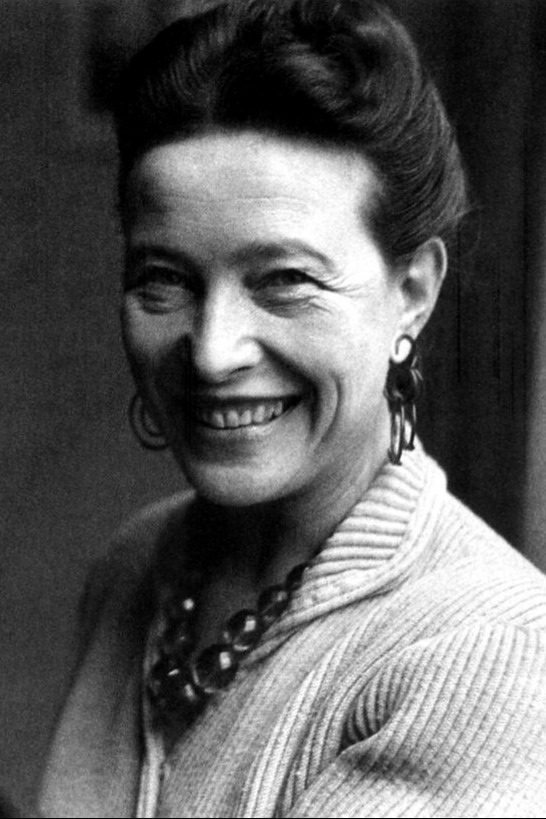
Personal info
Known for
Ultimate Talent
Gender
Female
Birthday
09 January
Location
Paris, France
Edit pageSimone de Beauvoir
Biography
Simone de Beauvoir was a French philosopher, writer, and feminist whose work transformed modern thought on gender, freedom, and human existence. A leading figure of existentialism and a pioneer of feminist philosophy, she challenged traditional views of women’s roles in society and laid the intellectual foundation for the modern feminist movement. Her landmark book “The Second Sex” (1949) remains one of the most influential works on women’s liberation.
Early Life and Education
Simone Lucie Ernestine Marie Bertrand de Beauvoir was born on January 9, 1908, in Paris, France, into a bourgeois Catholic family. From an early age, she showed exceptional intelligence and a strong will to live independently.
She studied philosophy at the Sorbonne, where she became one of the youngest students ever to earn a degree in philosophy. During her studies, she met fellow philosopher Jean-Paul Sartre, who became her lifelong intellectual companion and partner. Their open, unconventional relationship became as famous as their philosophical collaboration.
Career and Major Works
De Beauvoir began her career as a teacher while writing fiction, essays, and philosophical works. Deeply influenced by existentialism, she explored ideas of freedom, responsibility, and authenticity, emphasizing that individuals must create meaning in a world without inherent purpose.
Her early novels, such as “She Came to Stay” (1943) and “The Blood of Others” (1945), reflect these existentialist themes. However, her most groundbreaking contribution came with “The Second Sex” (Le Deuxième Sexe), published in 1949.
In this monumental two-volume study, de Beauvoir examined the historical, social, and psychological oppression of women. She famously declared, “One is not born, but rather becomes, a woman,” arguing that gender is not a natural destiny but a social construct imposed by culture and tradition.
The book was revolutionary, exposing how society conditions women into roles of dependence and submission, and calling for their liberation through education, work, and autonomy. Though controversial at the time, it became a cornerstone of second-wave feminism and continues to shape feminist theory today.
De Beauvoir also wrote influential philosophical essays and memoirs, including “The Ethics of Ambiguity” (1947), where she developed her moral philosophy based on existential freedom, and “Memoirs of a Dutiful Daughter” (1958), a reflection on her youth and intellectual development.
Later Life and Death
Throughout her life, de Beauvoir remained an active public intellectual, writing on politics, philosophy, and women’s rights. She supported leftist and anti-colonial causes, speaking out against injustice and inequality.
After Sartre died in 1980, she published “Adieux: A Farewell to Sartre” (1981), an intimate account of his final years. Simone de Beauvoir died on April 14, 1986, in Paris, at the age of 78. She was buried alongside Sartre in the Montparnasse Cemetery, where their graves remain a symbol of intellectual partnership and freedom.
Legacy
Simone de Beauvoir’s influence extends far beyond philosophy. She helped redefine how the world understands gender, identity, and freedom. Her work inspired generations of feminists, writers, and activists to challenge patriarchy and demand equality.
In addition to The Second Sex, her essays and novels continue to be studied for their insight into existentialism, ethics, and the human condition.
Conclusion
Simone de Beauvoir dedicated her life to understanding and dismantling the systems that limit human freedom — especially those that oppress women. Through her fearless intellect and moral courage, she not only transformed feminist philosophy but also offered a universal message: that liberation begins with the courage to think, act, and live authentically.